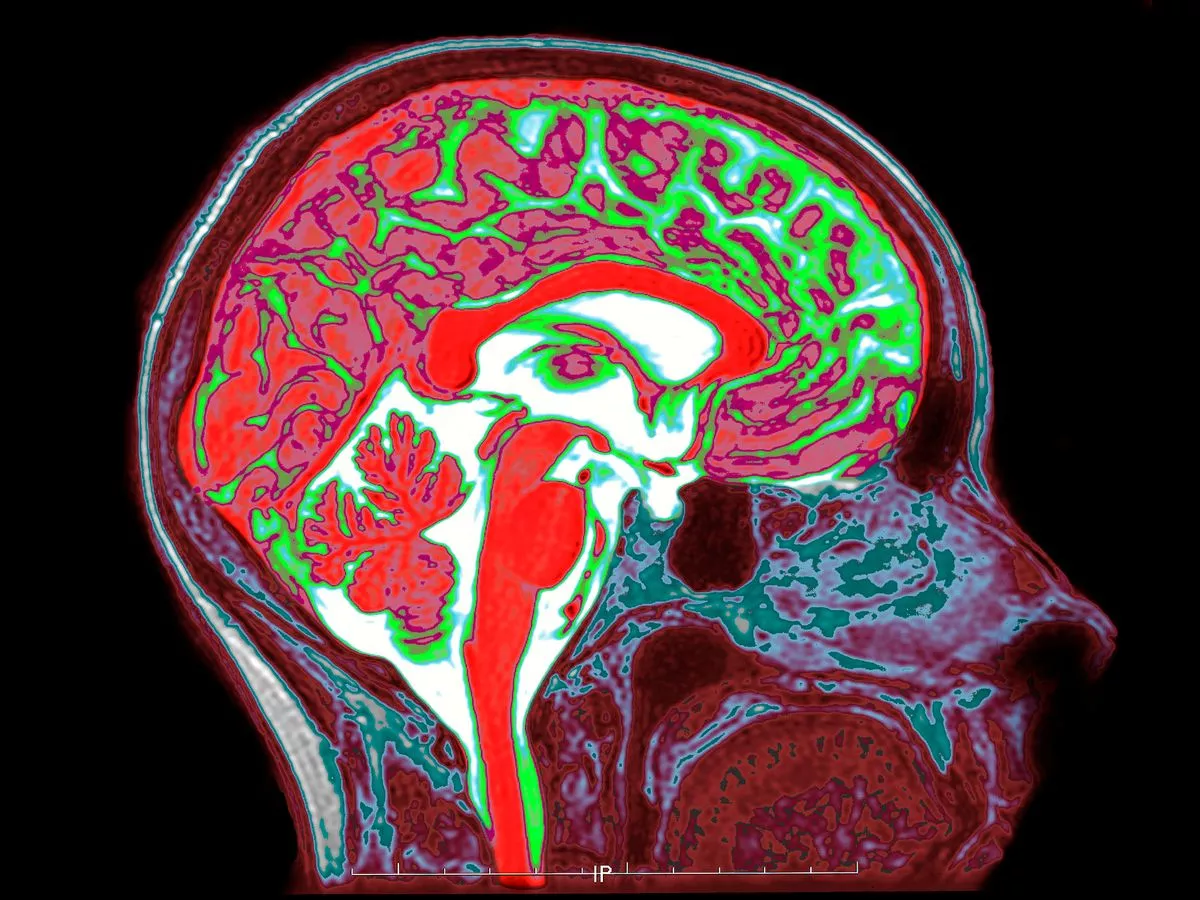By Bethan Finighan
A simple brain scan could soon reveal how quickly you’re ageing and even predict your risk of developing dementia years before symptoms begin, according to new research. Scientists have developed a powerful new tool that uses a single MRI scan to estimate a person’s biological age rate. In early trials, the method successfully predicted who would develop dementia and other chronic illnesses well before doctors could spot the signs . The study shows that the new technique, called DunedinPACNI, could offer a glimpse into your future health – while there’s still time to change it. “Our jaws just dropped to the floor,” said Ahmad Hariri, professor of psychology and neuroscience at Duke University, about when the research team first saw the results. “What’s really cool about this is that we’ve captured how fast people are aging using data collected in midlife,” Prof Hariri said. “And it’s helping us predict diagnosis of dementia among people who are much older.” The tool was developed using data from more than 1,000 people in New Zealand who have been tracked since birth as part of a long-running study, where participants had their physical and cognitive health checked over nearly 20 years. The scientists trained the brain-scan algorithm using MRIs taken when participants were 45 and connecting those scans to changes in physical health markers over time, such as blood pressure, cholesterol levels and lung function, to create a “biological clock” . The tool was tested on brain scans from other groups around the world, including in the UK and US, where they found “fast agers” to perform worse on memory and thinking tests, with their brains showing signs of shrinkage in key areas linked to memory. In one group of people aged 52 to 89, those identified as “fast agers” by the tool were 60 per cent more likely to develop dementia in the years that followed, 18 per cent more likely to be diagnosed with a chronic disease and 40 per likely more likely to die within that timeframe than those who were aging more slowly. People with faster aging scores were also more frail and more likely to experience age-related health problems such as heart attacks, lung disease or strokes, the researchers found. “The link between aging of the brain and body are pretty compelling,” Prof Hariri said. While the results might sound alarming, the researchers say the tool could be used to identify people at risk of dementia and other diseases while they are still healthy and middle-aged. It could offer a critical window to intervene through lifestyle changes like improving diet, sleep or exercise . “We really think of it as hopefully being a key new tool in forecasting and predicting risk for diseases, especially Alzheimer’s and related dementias, and also perhaps gaining a better foothold on progression of disease,” Prof Hariri said. The study was published in the journal Nature Aging .
